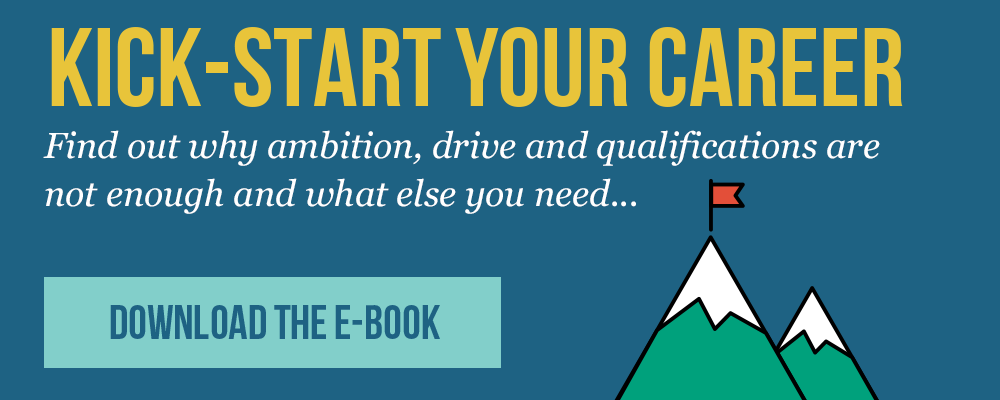
Launching into a new career is a bit like travelling into unchartered territory. You might have a rough idea about the lay of the land, but when it comes to walking the path itself, you’re pretty much going in blind. The best strategy is to prepare as best you can for your exciting new journey, seek career guidance and get as much information from seasoned travellers. Read on for the answers to some of the most commonly asked questions by graduates who are about to embark on their careers.
1) How much money will I earn?
At the forefront of many graduates’ minds will be the question of earning potential. There are many factors that influence how much money you’ll make in your first job and those that come after. Where the job is based, the size of the organisation, the level of position and qualifications required for the role are major influencing factors, as well as the industry you’re applying to. Have a look at the Reed website for average salary estimates per industry. Don’t let money be the overriding factor in your choice of career: it’s important to start somewhere and remember that you have the power to work your way up and increase your earning potential over time.
2) What if I studied law, but don’t want to be a lawyer?
Most people are in their mid-teens when they start thinking about what subject to study at university. If you get through university and realise your interests and passions have changed, that’s no problem at all. Your career is going to be made up of many chapters, and in several decades time you might be surprised at the course it’s taken. The important thing is that you’re dedicated enough to complete a degree. Even though you may have studied law and never become a lawyer, the skills and discipline you develop during your uni years are important attributes you will draw on throughout your career. You have the power to create the career of your dreams, as long as you put the right plan in place early on and seek career guidance.
3) Is a plan really that important?
Failing to prepare is preparing to fail: it might be an overused adage, but there’s a tremendous amount of truth in it—especially when it comes to designing a career. A career plan isn’t simply a list of companies you’d like to work at, but a detailed game plan that includes whatever you have to do to get to where you want to go in your career. It might involve going back to uni to complete a Masters, volunteering for a charity, doing pro bono work or going travelling for a year. Your career plan should also be dynamic and updated to take into account any new opportunities that come your way. For example, your time travelling might introduce you to a new skill set or passion you want to work into your plan.
4) What are transferable skills and how do I acquire them?
Whichever degree you’re enrolled in, you’ll acquire a mixture of technical and transferable skills. If you study Biochemistry, technical skills might cover laboratory procedures and the information learned in lectures and through study. Transferable skills might include analytical skills and problem-solving capabilities. If English is your chosen subject, you might acquire strong communication skills. Transferable skills are often more important than hard skills to employers seeking the perfect job candidate, as we emphasise in our previous blog. By being proactive about seeking career guidance and the right career development programme, you can start identifying and developing these important skills in yourself further.
5) How do I prepare for the interview?
No one is born with an inherent talent for acing interviews. To master the art of the interview, you’ve got to seek the right career guidance. Before you can start preparing for the interview, you need to know the top career tips and techniques involved in impressing a potential employer and marketing yourself. Start by thoroughly researching the organisation you’re being interviewed by. Read up on industry news, check out their social media feeds and find some info about important people within the organisation. Next, make sure that you fully understand the role you’re applying for, and how you can add value to the position. Employers value a candidate’s ability to demonstrate their suitability for the role. And why not complete our quiz to find out how ready you are for the interview, and what you can do to prepare.
6) Where can I find information to help me plan my career path?
Part of forging a successful career is knowing when and who to reach out to for career advice. This can be confusing, especially if the people closest to you don’t have any knowledge of or experience in the field you’re interested in exploring. What’s more, many university departments focus on getting students to graduation, rather than spending time and resources on setting them up for their careers. Determine whether there’s anyone you know who can advise you about your industry or career path of interest. Even if they can’t advise you, they might know someone who can. Another strategy is to enlist the help of a career development training programme that focuses on career skills development and career planning also known as career pathing.
Our Industry Engagement Programme is a career guidance programme designed by industry leaders to equip students with the skills they need to impress future employers. Download our guide if you’d like to learn more about what employers look for in an ideal job candidate.


